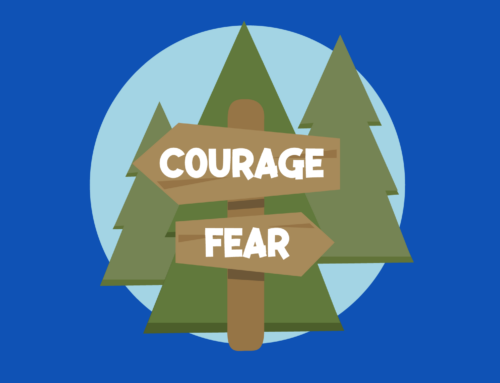
“Navigating the Complex World of Adderall: A Candid Look at Use and Misuse”
Hey there, my dear readers! Today, I’m diving into a topic that’s both close to my heart and crucially important: the world of Adderall. For many, particularly those diagnosed with ADHD, Adderall has been a beacon of hope, a tool to tame the chaos of their minds. But there’s another side to this story, one that’s often shrouded in misunderstanding and misuse.
Adderall: A Double-Edged Sword
Adderall, a name that’s become almost synonymous with ADHD treatment, can be a lifesaver for those who truly need it. For people with ADHD, it’s like the world is perpetually on fast-forward. Adderall helps by bringing their brains to a baseline level of stimulation, a calm in the storm, allowing clarity and focus to break through the fog.
But, and it’s a big but, Adderall isn’t a one-size-fits-all solution. It’s increasingly finding its way into the hands of people without ADHD, and that’s where the waters get murky. What many don’t realize is that for those without ADHD, Adderall can have entirely different effects, often leading to euphoria and a false sense of invincibility, accompanied by a slew of potentially dangerous side effects.
The Lure of the ‘Study Drug’
It’s no secret that Adderall has earned itself a reputation as a ‘study drug’ among high school and college students. But here’s the kicker: studies have shown that nonmedical use of prescription stimulants doesn’t actually improve academic performance. It’s a risky gamble with one’s health, chasing an illusion of enhanced cognitive function.
The Hidden Dangers of Misuse
Let’s talk about the dark side of non-prescribed Adderall use. It’s classified as a Schedule II controlled substance for a reason. The potential for addiction is real and daunting. It’s not just about getting hooked; it’s about the changes it can cause in your brain chemistry, the tolerance that builds up, and the cycle of abuse that can ensnare you before you even realize it.
Withdrawal from Adderall is no walk in the park, either. It can send you spiraling into a world of anxiety, depression, and intense cravings. It’s a process that demands professional guidance and support.
A Journey Back to Self
But there’s hope. Recovery and withdrawal from Adderall misuse are possible, with the right support and medical guidance. It’s about finding healthier, more sustainable ways to enhance focus and manage stress – like good old-fashioned rest, nutrition, exercise, and mindfulness practices.
In Conclusion: Choose Wisely, Live Well
My message to you, my readers, is this: medication is a tool, not a shortcut. Whether it’s Adderall or any other prescription drug, it’s vital to use it responsibly, under medical supervision. Let’s choose paths that lead to genuine, lasting well-being, not quick fixes that could cost us far more in the long run.
Remember, we’re in this journey together, seeking wellness and authenticity in every step. Stay informed, stay safe, and cherish the incredible, beautiful complexity of your mind. 💚🌿



